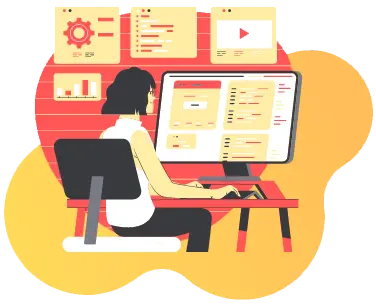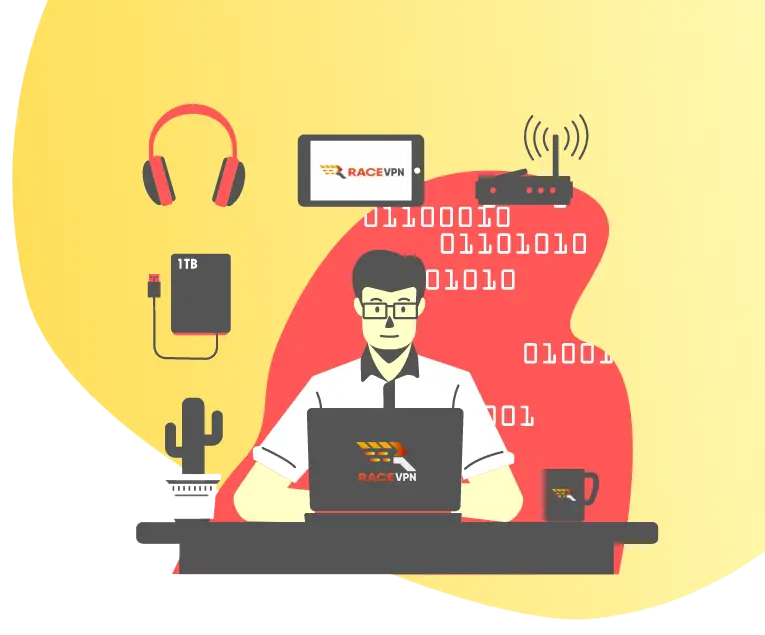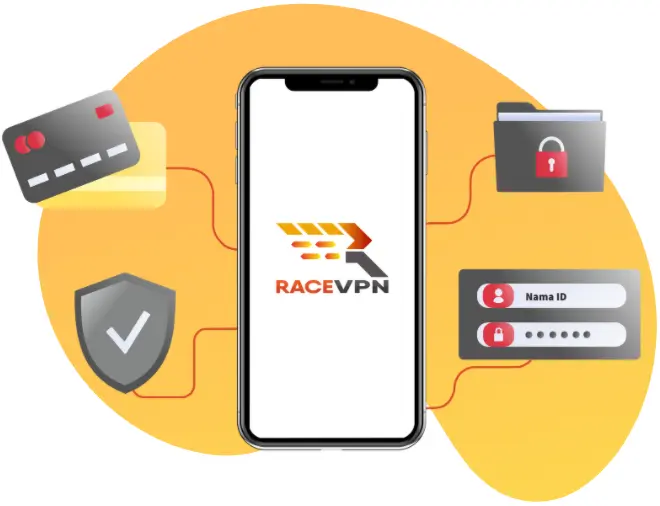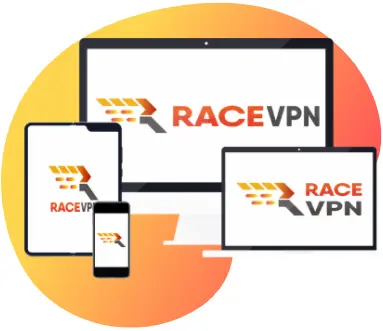What is VPN (Virtual Private Network)?
Free Access to Knowledge of the World Outside of Government Firewalls. Get real internet freedom by using our VPN service. The best free software to break the internet restrictions in 2020.
Internet connectivity is no longer a rare commodity in this world, even children can find it easily to find information and enjoy entertainment shows from online services using their mobile phones. Of course the Internet is not only for entertainment purposes; all kinds of business and office administration matters are also very dependent on this technology. Over time, internet access becomes more affordable and cheaper without having to set aside connection speeds.
Unfortunately not everyone understands the danger of theft of personal data via the Internet, either by hackers or amateur sites that do not apply data security protocol standards. Although Internet technology (including browsers, email, providers, connection cables, hardware, software, etc.) is constantly updated to improve speed and security, the Internet is still used by cyber criminals who can easily steal and utilize users' personal data for purposes evil.These risks can be minimized or even eliminated completely using VPN (Virtual Private Network).
VPN is a connection between one network with another network privately (private) through a public network (internet).The following explains the meaning of each word on the Virtual Private Network:
- Virtual: things that are not real or pseudo, in cyberspace / internet
- Private: things that are private, can not be accessed by just anyone. To maintain the confidentiality of the public network all data will be encrypted
- Network: a network of connected connections
So, from the explanation above it can be concluded that the understanding of VPN is a connection or connection that occurs virtually on a particular network without any real encrypted connection. VPNs ensure that all forms of data sent from and received by devices (for example mobile phones, laptops, computers, etc.) when a user is connected to the Internet must go through an encryption process to ensure the confidentiality of that data. Encryption measures effectively prevent data theft via the Internet while detecting the user's location and IP address. VPNs are widely used in a corporate environment as a way to avoid stealing important or confidential files via the Internet.
When you access a file, you actually download the file from the database to the hardware used. This file is then transferred through an internet connection. Without the encryption process, hackers can easily steal and read all the contents of the file.
VPN is basically WAN (Wide Area Network). Apart from the encryption process, there are almost no striking differences. Both are internet networks that can be accessed by the public, but VPNs provide a more sophisticated encryption process.Users can access the Internet as usual without difficulty because the user interface system in the browser still looks the same. VPNs do not even affect any function (other than encryption) unless the user uses the "location" detection feature in the browser.




